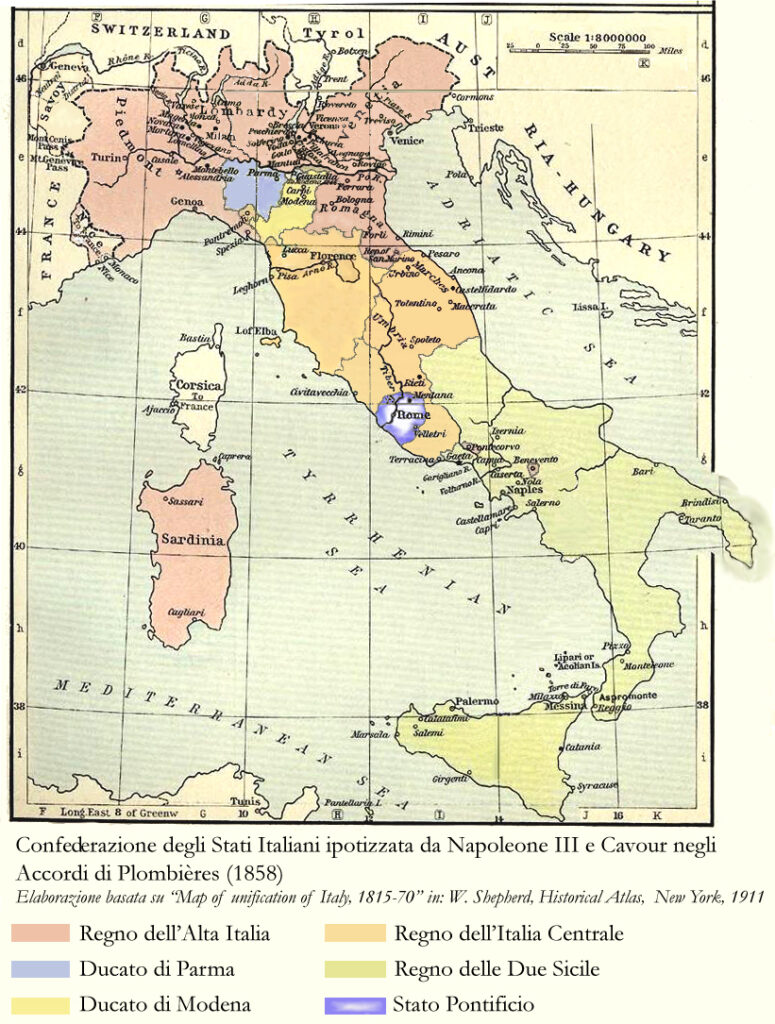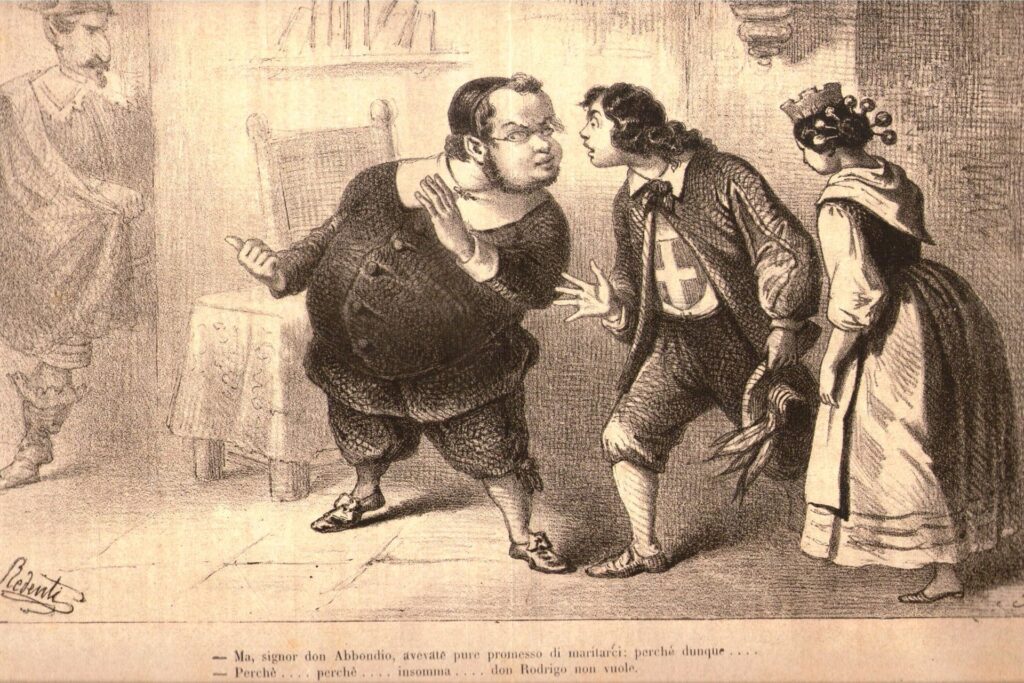A Nation orphaned, first and foremost, of self-awareness….
The total lack of sense of the State has made the Italian people a dangerously amorphous mass, easily subject to the whims of the moment
An outside observer, examining the behavior of Italians in the face of phenomena that affect the entire national community, can not help but be perplexed, for the absolute anarchism that governs the relationships and the attitude of the people.
Whether it is a soccer championship or a vaccination campaign, just to stick to the recent chronicle, the Italians assume behaviors, both collective and individual, which leave you speechless.
Take the case of the anti-COVID vaccine. A vaccine is a vaccine: from what world and world, people vaccinate, without making too much fuss. In this way, some of the plagues of humanity have been defeated: terrible diseases, such as smallpox or polio, but also less serious diseases, such as diphtheria or the simple flu.
I remember very well the vaccination campaigns when I was a child: the commemorative stamps of Albert Sabin or Edward Jenner, the schoolchildren lined up to do the tuberculin, the lancet that cut into your shoulder, leaving you with a round scar, of which you were proud as if you had received it in combat.
The wonderful (as unrealized) dream of isonomy
A (conformist) society of shame ready for oblivion

Vaccination almost reduced to a mere political choice
Today, however, Italy is divided in two: vaccination has become a sort of political choice, in a battle of insults, aphorisms and advertising jokes.
Of course, this is partly due to the absolute modesty of science communicators, who, in recent months, have said everything and the opposite of everything, without even changing their ties: the arrogance, greed, the desire for celebrity of these poor people disguised as scientists have definitely alienated the sympathy of the people towards science.
However, I believe that the phenomenon has deeper roots: the truth is that the Italian people have lost all confidence – and already had little – against the state, in all its manifestations.
And vaccinations are, like it or not, phenomenal manifestation of the State: one is vaccinated because he trusts someone who tells him to vaccinate, and this someone is, in fact, the State.
From Habsburg Verantwortung to ostentatious irresponsibility
So the emergency in Italy has become a perennial normality

People historically distant from the ideal of national unity
From the very beginning, Italians have felt this idea of a state community in a rather vague and volatile way: the top-down and centralistic structure of the State, first Savoy and then Republican, has contributed to distancing people from the management of the country, from the ideal of national unity.
Thus, except for rare episodes, people have always remained at the window, watching how things would end: they have never participated.
Today, when the State shows a dramatic lack of self-confidence, in the hands of amateurs in disarray, illiterate people without art or part and, above all, people ready to declare, when it is convenient, the exact opposite of what they had sustained up to five minutes before, the people do not believe it anymore, they do not trust it anymore.
And, failing the trust, everyone feels authorized to do as he likes, to trust, from time to time, the most convincing dulcamara: and here is the anarchism of which we said.
What if Soccer is the most reliable social marker?
A century and a half of incorrigible “southern question”

A historical expression after the well-known “geographical expression”
And the State or, better, the people who represent it, what do they do? Instead of addressing the people, explaining the reasons for certain choices and giving unequivocal signals for authoritativeness and clarity, they close themselves in their offices and in the penetrals of a commissarial power, limiting themselves, from time to time, to communicate to the people their ukaze, lowering them from a height that, by now, everyone reads as, absolute flatness.
This is what happened in the churches, when the faithful began to know more than the preacher: the hieratic aura fell, often the hawk turned out to be a turkey.
The same is happening in political life. When you build a state on sand, sooner or later the knots come to the comb. Italy is in danger of becoming a historical expression, after having been a geographical expression.
One hundred and sixty years of Italy, not even one of federalism …
Don’t ask us for words: in Italy we no longer have any…







